PHP OVERVIEW

PHP has evolved over the years, and various technologies and frameworks have been developed to enhance its capabilities and make web development more efficient. Here are some notable PHP technologies and frameworks:
- Laravel: Laravel is a powerful and elegant PHP web framework that follows the Model-View-Controller (MVC) architectural pattern. It provides a rich set of tools and features for building web applications, including routing, database migrations, caching, and authentication.
- Symfony: Symfony is a highly flexible and scalable PHP framework known for its modular architecture. It promotes best practices in web development and offers a wide range of reusable components, making it suitable for projects of any size.
- CodeIgniter: CodeIgniter is a lightweight and straightforward PHP framework that focuses on simplicity and performance. It has a small footprint and requires minimal configuration, making it a popular choice for small to medium-sized projects.
- Yii: Yii is a high-performance PHP framework that emphasizes speed and security. It follows the MVC pattern and includes features like caching, authentication, and role-based access control. Yii is known for its performance optimizations and code generation capabilities.
- CakePHP: CakePHP is a mature and feature-rich PHP framework that emphasizes convention over configuration. It provides scaffolding tools, built-in validation, and database access abstraction, making it easy to get started with web development.
- Zend Framework: Zend Framework is a robust and enterprise-ready PHP framework that offers a collection of professional-grade components. It provides extensive support for building secure and scalable applications, including features like data encryption, authentication, and caching.
- Slim: Slim is a lightweight PHP micro-framework that is ideal for building small-scale RESTful APIs and web services. It has a minimalist design and focuses on simplicity and speed.
PHP Subservices:
When it comes to PHP, there are several popular subservices or specialized areas that developers often work on. These subservices typically focus on specific functionalities or aspects of web development.
Here are some common PHP subservices:
- Content Management Systems (CMS): PHP-based CMS platforms allow you to create and manage digital content for websites. Examples of popular PHP CMSs include WordPress
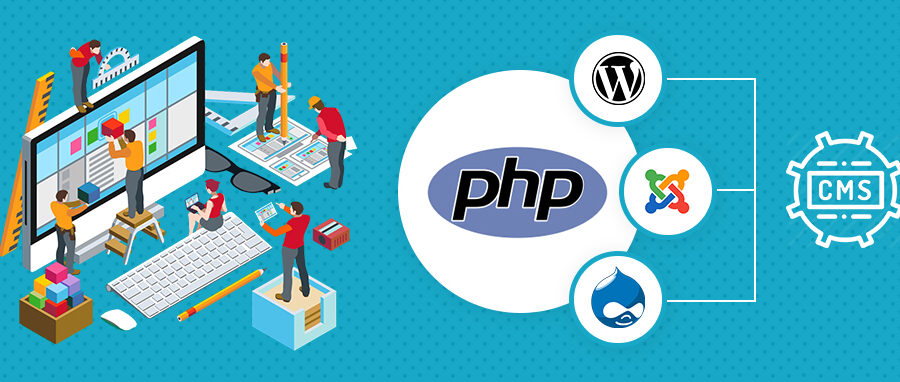
- Joomla, and Drupal: These CMSs provide user-friendly interfaces, templates, plugins, and various customization options to simplify content creation and website management. PHP-based CMS platforms, such as WordPress, Drupal, and Joomla, provide unparalleled flexibility in website design and customization. Themes and templates, along with a wide range of plugins and extensions, allow you to tailor websites to meet specific requirements. The modular nature of PHP-based CMSs enables the addition of custom functionality, ensuring a unique user experience.
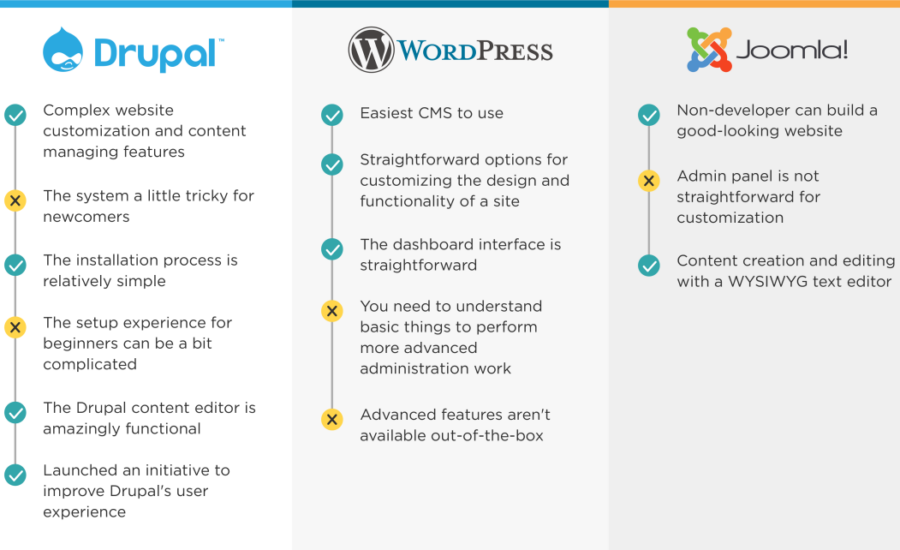
- E-commerce Solutions: PHP offers several e-commerce platforms and frameworks that enable developers to build online stores and manage transactions. For example, WooCommerce is a popular PHP-based e-commerce plugin for WordPress. Additionally, frameworks like Magento and OpenCart provide extensive e-commerce features and customization options.
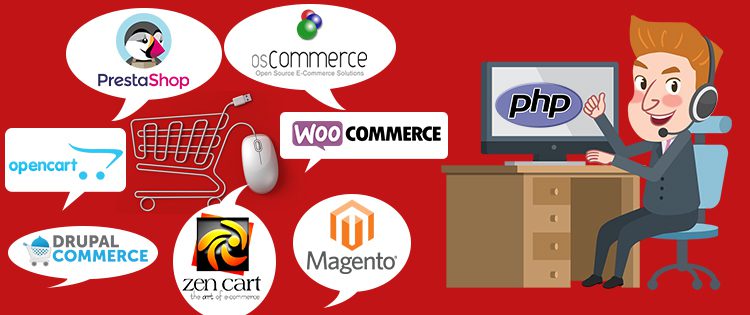
- APIs and Web Services: PHP is commonly used to develop APIs (Application Programming Interfaces) and web services. APIs allow different applications to communicate and exchange data, while web services enable interaction between various systems over the web. PHP frameworks such as Laravel and Slim are often used to build robust APIs and web services.
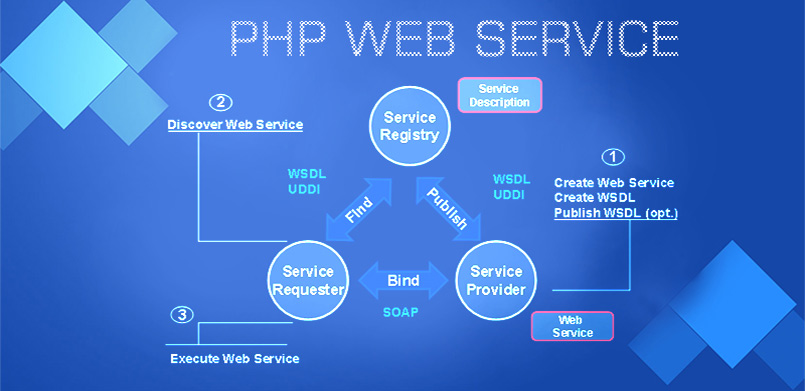
- Payment Gateways: PHP is widely employed for integrating payment gateways into web applications. Payment gateways facilitate secure online transactions, and PHP libraries like Stripe and PayPal provide convenient APIs for processing payments.

- Social Media Integration: PHP enables integration with various social media platforms, allowing you to incorporate social features into your applications. PHP libraries and APIs, such as the Facebook Graph API and Twitter API, enable authentication, data retrieval, and interaction with social media platforms.
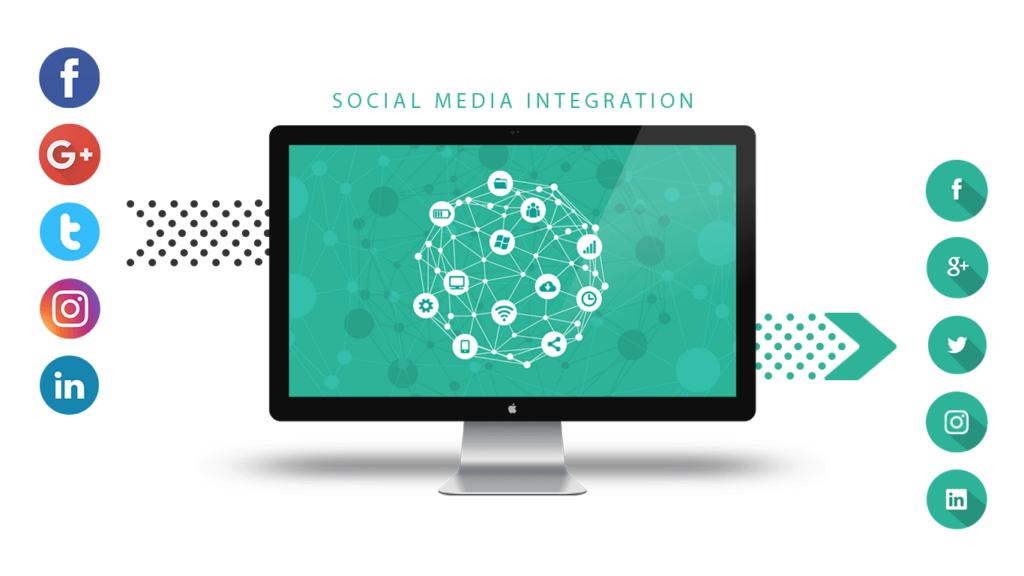
- Real-time Communication: PHP technologies like WebSockets and the Server-Sent Events (SSE) protocol enable real-time communication between the server and client applications. This is especially useful for chat applications, real-time notifications, and collaborative platforms.
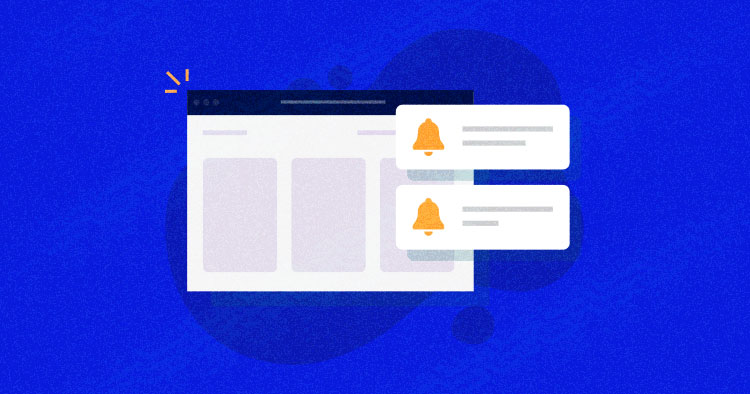
PHP Team and Expertise
In PHP team we have 4 members, we have team of senior developers having most of the experience of 10+ years of experience, following are the PHP team members
Aijaz Ali
Aijaz Ali is the Team Lead of PHP. He has the 10+ years of experience in PHP development, and he has worked on the following technologies
Aijaz Ali
Aijaz Ali is the Team Lead of PHP. He has the 10+ years of experience in PHP development, and he has worked on the following technologies
Omar Farooq
Omar Farooq has 10+ years of experience in PHP development, and he has worked on following technologies:
Omar Farooq
Omar Farooq has 10+ years of experience in PHP development, and he has worked on following technologies:
Shakeel Ahmed
Shakeel Ahmed has overall 10+ years of experience in PHP development, and he has worked on following technologies
Shakeel Ahmed
Shakeel Ahmed has overall 10+ years of experience in PHP development, and he has worked on following technologies
Bakhtawar Khan
Bakhtawar Khan has overall 6+ years of experience in PHP development, he has worked on following technologies
Bakhtawar Khan
Bakhtawar Khan has overall 6+ years of experience in PHP development, he has worked on following technologies:
